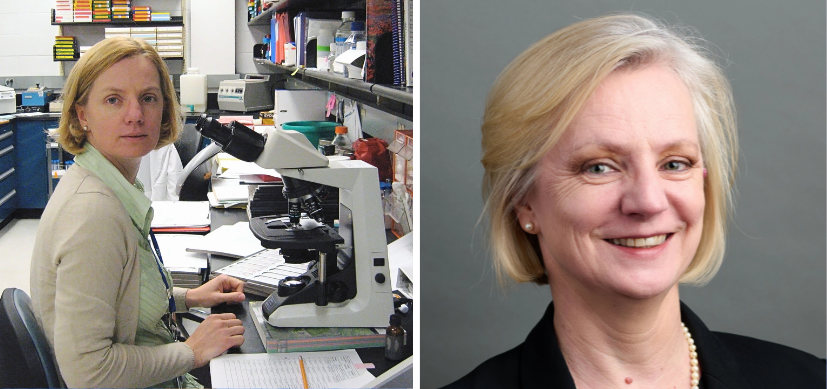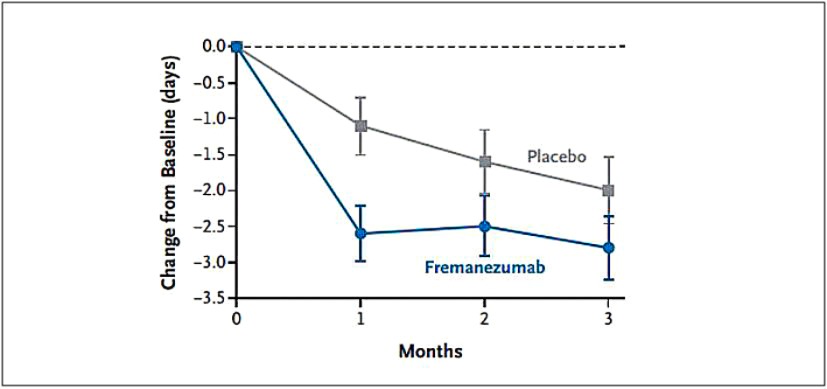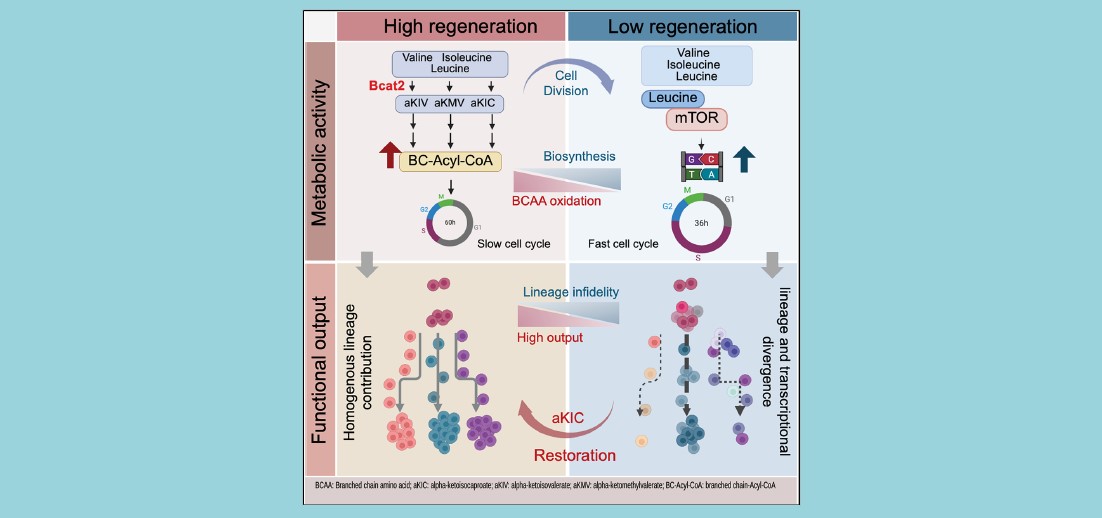Mental Health Care Vital to Congenital Heart Disease Care
Research By: Nadine Kasparian, PhD
Post Date: July 18, 2022 | Publish Date: July 14, 2022
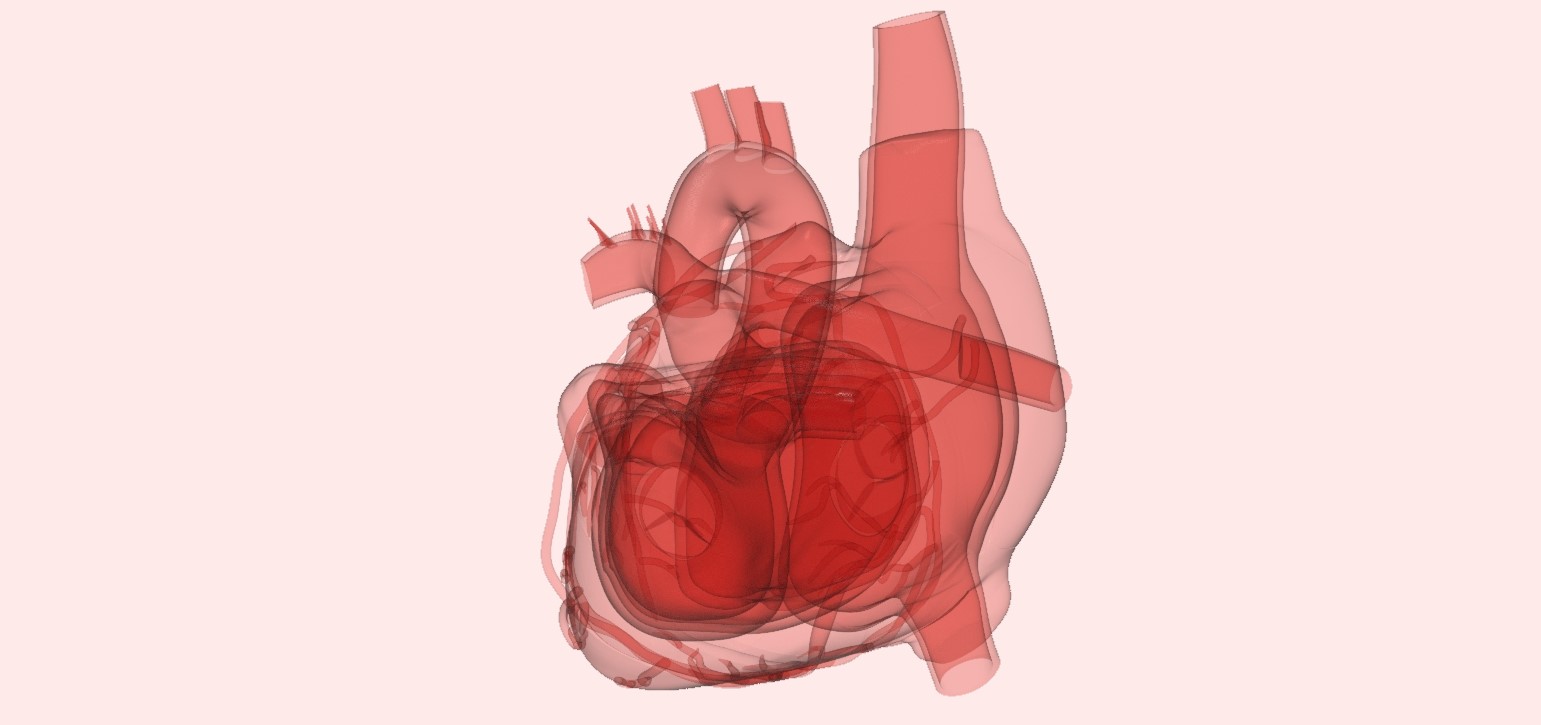
Cincinnati Children’s Expert Co-Authors AHA Scientific Statement
Medical advances for babies with congenital heart disease (CHD) have dramatically improved survival rates in recent decades. Many born with heart disease demonstrate tremendous resilience and maintain a high quality of life, but research has shown that individuals with CHD may also face a range of psychological challenges throughout life.
It has become increasingly clear that robust psychological care is as critical to these individuals as physical health care. Experts are now calling for mental health professionals to be included in teams providing care to children and adults with CHD.
In a recently published Scientific Statement, experts including Nadine Kasparian, PhD, director of the new Heart and Mind Wellbeing Center at Cincinnati Children’s, outline the important role mental health plays in outcomes for patients of all ages with CHD. The statement was published July 14, 2022, in Circulation: Cardiovascular Quality and Outcomes, with the hope of inspiring new standards for the integration of psychological care into congenital heart centers to improve quality of life.
“The time to act is now. Decades of evidence demonstrate the need for psychological care for children and adults with CHD. Yet, many patients and families still don’t receive this care,” Kasparian says. “The American Heart Association has made a strong call to action to change this and to integrate mental health care as part of routine medical care for all with congenital heart disease, from the time of diagnosis and throughout life.”
Congenital heart disease is the most common birth defect. It affects roughly 40,000 newborns in the United States every year, with more than 2.4 million individuals currently living with the diagnosis – including about 1.4 million adults. While more than 90% of babies with CHD live to adulthood, complex cases may require multiple operations and lifelong specialty heart care.
According to the new Statement, children with complex CHD have a higher rate of anxiety diagnoses compared to children without CHD, and experience greater emotional, behavioral, and social difficulties. For adults with CHD, the rate of experiencing a mood or anxiety disorder in their lifetime is about 50% compared to 30% for adults without CHD.
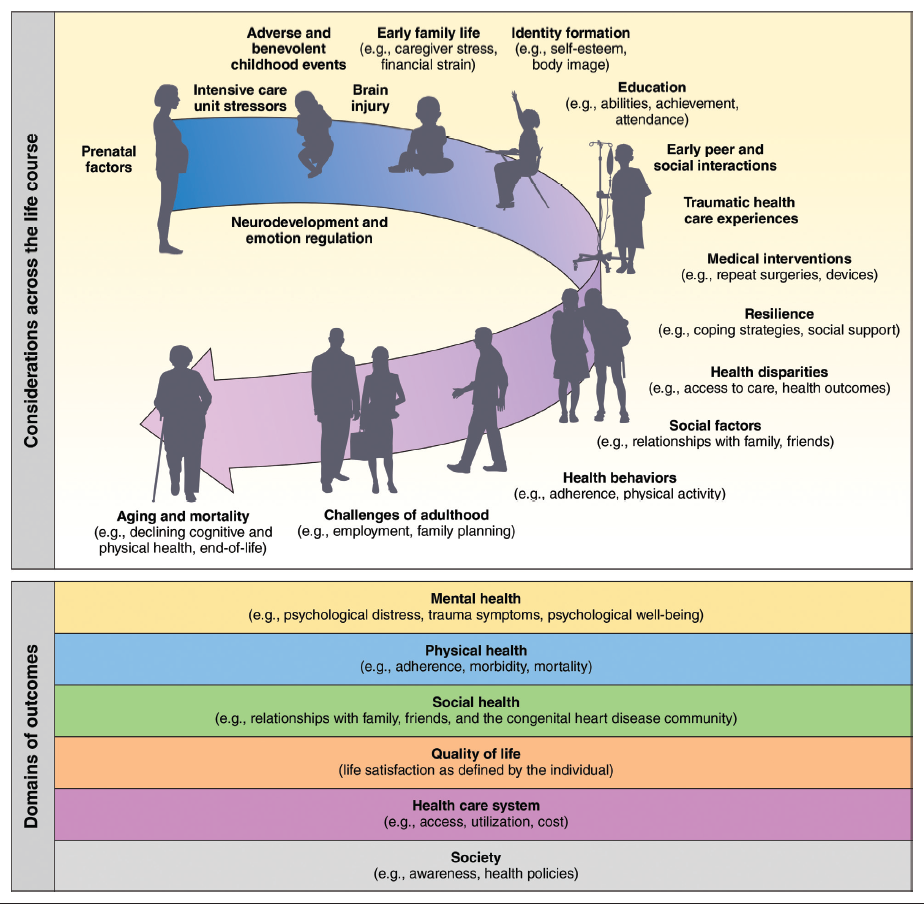
It is completely understandable to have a psychological reaction to living with congenital heart disease.
“The condition presents numerous challenges throughout the lifespan and may include unexpected news – such as a person realizing they can no longer physically manage the demands of their job, or learning that there are significant risks to pregnancy,” says Adrienne Kovacs, PhD, chair of the writing committee for the Scientific Statement and a psychologist who specializes in working with people who have CHD. “It’s long overdue that we move beyond awareness to action and providing more resources and expert mental health care for people living with CHD.”
The Statement highlights an important truth: mental health treatment is not one size fits all. The best care is tailored to each individual, considering their unique context. The authors encourage a cultural shift in which dedicated mental health professionals are included as essential members of congenital heart care teams.
Cincinnati Children’s recognizes this critical need for individuals with CHD, and their families, to have access to comprehensive physical and mental health care and has committed to building a world-class clinical program specifically dedicated to helping people of all ages navigate the psychological challenges of heart disease. Kasparian, who joined Cincinnati Children’s to lead this healthcare transformation, brings a wealth of research and clinical experience, having built one of the world’s first programs in Australia.
Kasparian’s research shows that psychological interventions can be highly effective, especially when offered as early as possible. Her goal at Cincinnati Children’s is to destigmatize the need for mental health care and bring together psychologists, child life therapists, social workers, doctors, and nurses to provide these services and improve outcomes not only for our patients, but also for their families, who can benefit from these same supports.
“It takes courage and resilience,” Kasparian says. “Many families rightly take pride in what they have been able to face during times of illness and the ways in which it has brought them closer. It is rewarding to help children and families thrive in the face of adversity.”
The Scientific Statement, and a range of resources including a patient and family page explaining the Statement, is available at: https://professional.heart.org/en/science-news/psychological-outcomes-and-interventions-for-individuals-with-congenital-heart-disease
To learn more about our coming Heart and Mind Wellbeing Center, visit: https://www.cincinnatichildrens.org/service/h/heart-institute/programs/heart-and-mind
To learn more about Dr. Kasparian’s research and how you can help, visit: https://www.cincinnatichildrens.org/bio/k/nadine-kasparian
| Original title: | Psychological Outcomes and Interventions for Individuals With Congenital Heart Disease: A Scientific Statement From the American Heart Association |
| Published in: | Circulation: Cardiovascular Quality and Outcomes |
| Publish date: | July 14, 2022 |
Research By





